Multiplayer games can be a thrilling experience, but the excitement often hinges on one crucial element: communication. I’ve seen firsthand how effective teamwork can turn the tide in a match, transforming a group of players into a cohesive unit.
Whether you’re strategizing in a battle royale or coordinating in an MMORPG, clear communication is essential for success. In this digital age where players from around the world connect, mastering team communication can elevate gameplay to new heights.
It’s not just about shouting orders; it’s about fostering a culture of collaboration and understanding. In this article, I’ll explore practical tips and strategies to enhance communication in multiplayer games, helping you and your team achieve victory together.
Understanding Team Communication in Gaming
Effective team communication serves as the backbone of success in multiplayer games. Clear dialogue between players enhances strategy execution and strengthens collaboration.
Importance of Communication in Multiplayer Games
Communication influences every aspect of gameplay. Coordinated teams often outperform those lacking solid dialogue, leading to better decision-making and quicker responses during critical moments.
Sharing enemy locations, strategizing attacks, and debating tactics enhances overall effectiveness. A study by the International Journal of Gaming and Computer-Mediated Simulations indicates that teams with high communication levels achieve a 30% higher win rate compared to less communicative teams.
Common Challenges in Team Communication
Team communication faces several hurdles in multiplayer settings.
- Language Barriers: Different languages may hinder understanding and cooperation.
- VoIP Issues: Technical difficulties can disrupt voice communication, leading to frustration.
- Overloading Information: Excessive information can confuse players, making it hard to identify crucial details.
- Differing Playstyles: Players’ various styles can cause misinterpretations of intentions and strategies.
- Time Zones: Scheduling conflicts among team members can limit practice and coordination opportunities.
Identifying these challenges allows teams to implement targeted solutions for more cohesive gameplay.
Strategies for Effective Communication
Effective communication strategies enhance collaboration and teamwork during gameplay. Below are key methods to promote clearer interactions within your team.
Utilizing Voice Chat and Text Channels
Using voice chat offers immediate feedback, fostering quick decision-making. Voice communication allows players to convey urgent information, such as enemy locations or strategy shifts, more effectively than text.
By establishing designated text channels for non-essential discussions, players can keep voice chat focused and reduce distractions. Using platforms like Discord or in-game systems also improves accessibility for all team members, ensuring everyone stays informed and engaged.
Establishing Clear Roles and Expectations
Clearly defining roles establishes accountability and ensures efficient gameplay. Players should discuss their strengths and preferences to facilitate role assignment, such as leader, support, or scout.
Setting specific expectations for each role helps align strategies, reducing confusion during matches. Regularly reviewing these roles and adjusting them based on team dynamics can enhance performance and foster a competitive edge in various game scenarios.
Tools and Technologies for Team Communication
Effective team communication relies on utilizing the right tools and technologies. These resources enhance collaboration, streamline interactions, and create a cohesive gameplay experience across various multiplayer genres.
Recommended Communication Platforms
I often recommend the following platforms for team communication:
- Discord: A popular choice for gamers, Discord allows for voice, video, and text communication. It offers server customization and support for large communities.
- TeamSpeak: Known for its low-latency audio, TeamSpeak suits competitive teams needing a stable communication environment with customizable permissions.
- Mumble: This open-source VoIP software features high-quality audio and low latency, making it ideal for serious gamers wanting efficient communication.
- Slack: While primarily aimed at professional environments, Slack’s channels and integration capabilities make it useful for organizing discussions among gaming teams.
- Xbox Party Chat/PlayStation Party Chat: Built into their ecosystems, these tools provide easy voice chat options for console players.
Integrating Communication Tools with Gameplay
Integrating communication tools directly into gameplay enhances coordination and strategy execution. Here are several ways to achieve this:
- In-Game Voice Chat: Many multiplayer games feature built-in voice chat systems, enabling quick communication without needing external tools. This integration often leads to faster reflexes during matches.
- Overlay Apps: Programs like Discord offer overlay features, allowing players to view chat while gaming. This keeps communication visible and accessible without interrupting gameplay.
- API Integration: Some games have API support for communication platforms, allowing seamless interactions. Utilizing these can provide in-depth game stats or alerts linked directly to team chats.
- Text-Based Communication Shortcuts: Implementing common phrases or commands in text chat can expedite communication. Creating templates for strategic discussions lets teams convey essential information quickly.
- Scheduled Meetings: Setting up regular meetings or strategy sessions through communication tools can align team goals and improve planning. Using calendar features within platforms like Slack keeps everyone informed.
Employing these tools effectively aids in building a strong communication framework for successful multiplayer experiences.
Best Practices for Enhancing Team Dynamics
When building effective team communication in multiplayer games, fostering an environment where team members can openly share their thoughts enhances overall dynamics. Implementing strategies that promote collaboration and trust significantly contributes to a winning culture.
Encouraging Feedback and Collaboration
I prioritize creating regular opportunities for feedback, allowing team members to voice their opinions. Encouraging constructive criticism can sharpen gameplay strategies and help identify areas for improvement.
Incorporating quick feedback sessions after matches enables continuous learning. Collaboration tools like Discord can facilitate this by providing dedicated channels for sharing insights. Open communication drives team synergy and amplifies strategy discussions, leading to more effective gameplay executions.
Building Trust Among Team Members
I understand that trust plays a crucial role in team dynamics. Trust leads to stronger cooperation and a more unified approach during gameplay. I focus on team-building activities, both in-game and out, to strengthen bonds.
Sharing personal experiences, celebrating successes, and addressing challenges together establishes a supportive environment. When team members trust one another, they can rely on each other’s skills and decisions during critical moments, ultimately fostering a winning attitude in matches.







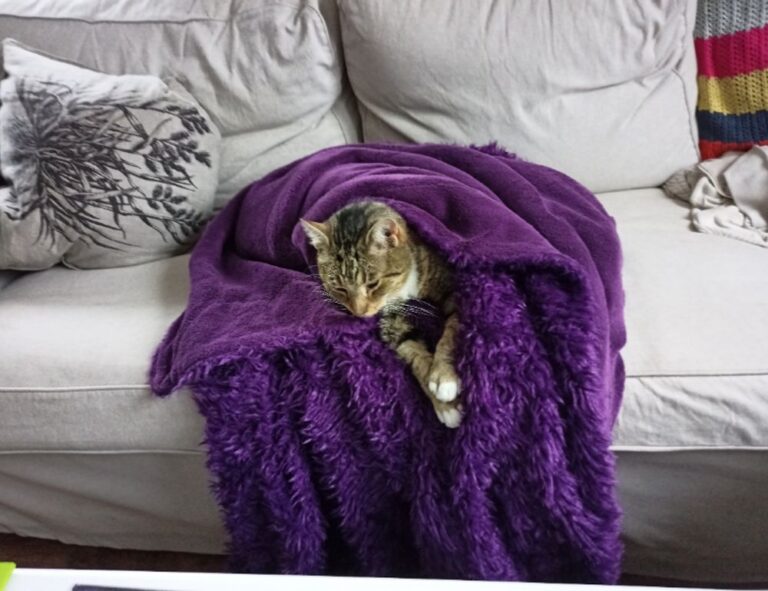


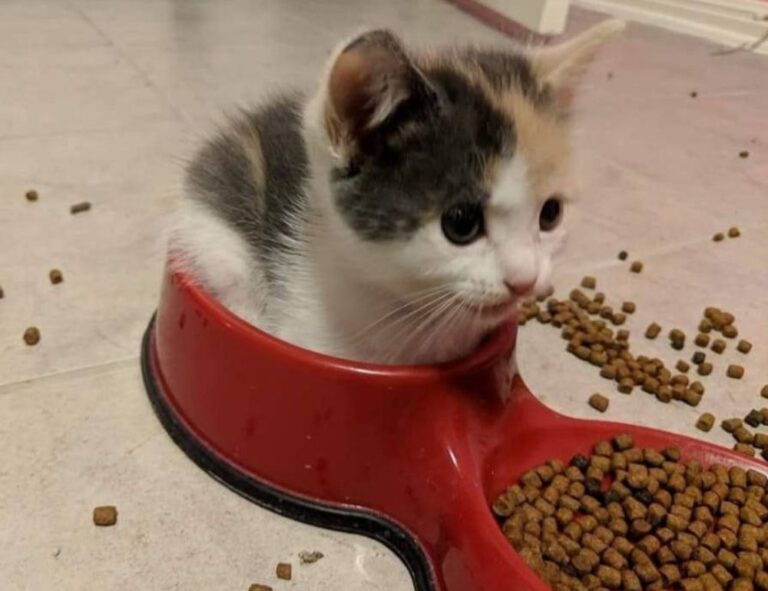

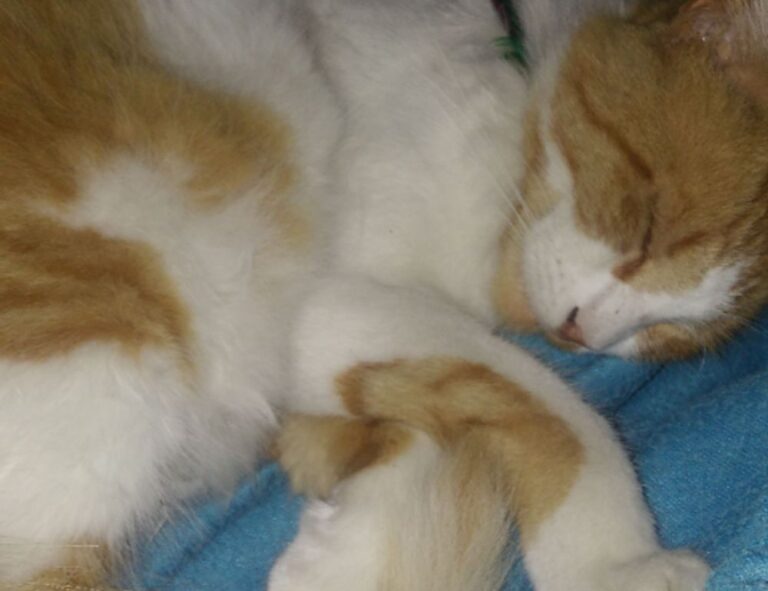















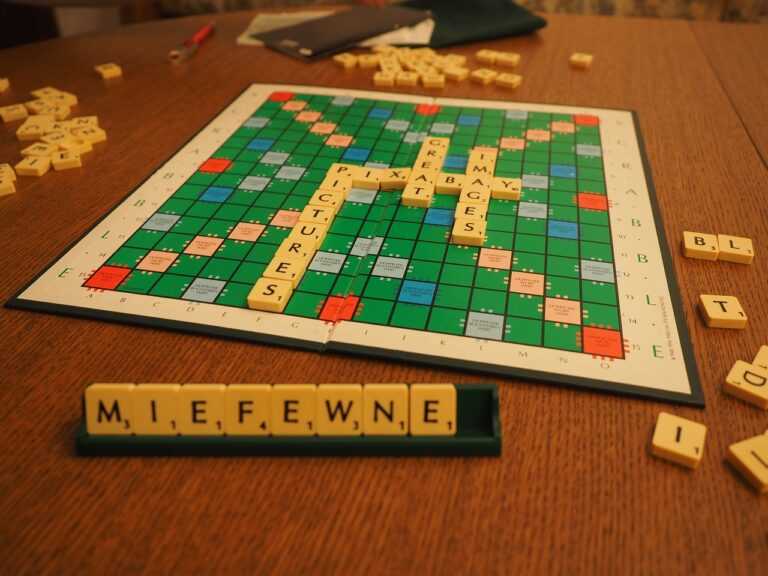





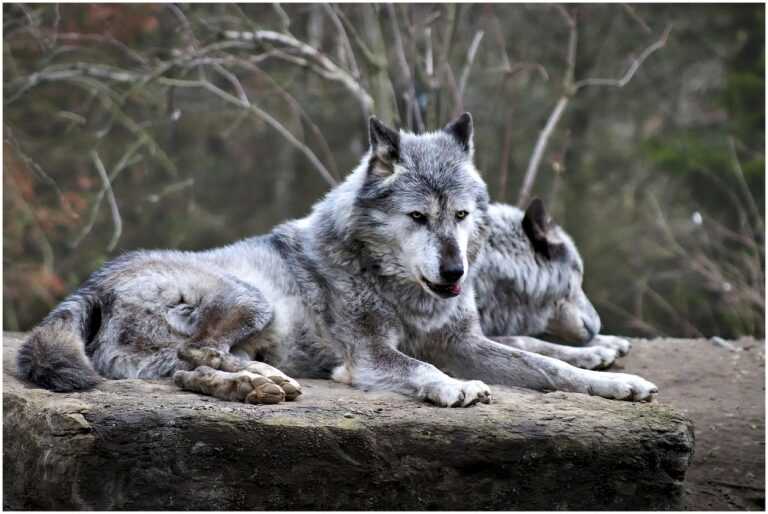










































































































































































































































































































































































































































































































































































































































































































































































































































































































































































































































































































































































































































































































































































































































































































































































































































































































































































































































































































































































































































 Mistyck Winstonolie, the visionary founder of Power Gamer Strategy Hub, has carved a dynamic niche in the gaming world by blending passion with purpose. Under her leadership, the platform has become a vital source for gamers seeking cutting-edge news, expert strategies, esports insights, and thoughtful reviews. Driven by a deep understanding of both casual and competitive gaming cultures, Mistyck continues to empower players and fans alike through engaging content that informs, inspires, and elevates the global gaming experience.
Mistyck Winstonolie, the visionary founder of Power Gamer Strategy Hub, has carved a dynamic niche in the gaming world by blending passion with purpose. Under her leadership, the platform has become a vital source for gamers seeking cutting-edge news, expert strategies, esports insights, and thoughtful reviews. Driven by a deep understanding of both casual and competitive gaming cultures, Mistyck continues to empower players and fans alike through engaging content that informs, inspires, and elevates the global gaming experience.